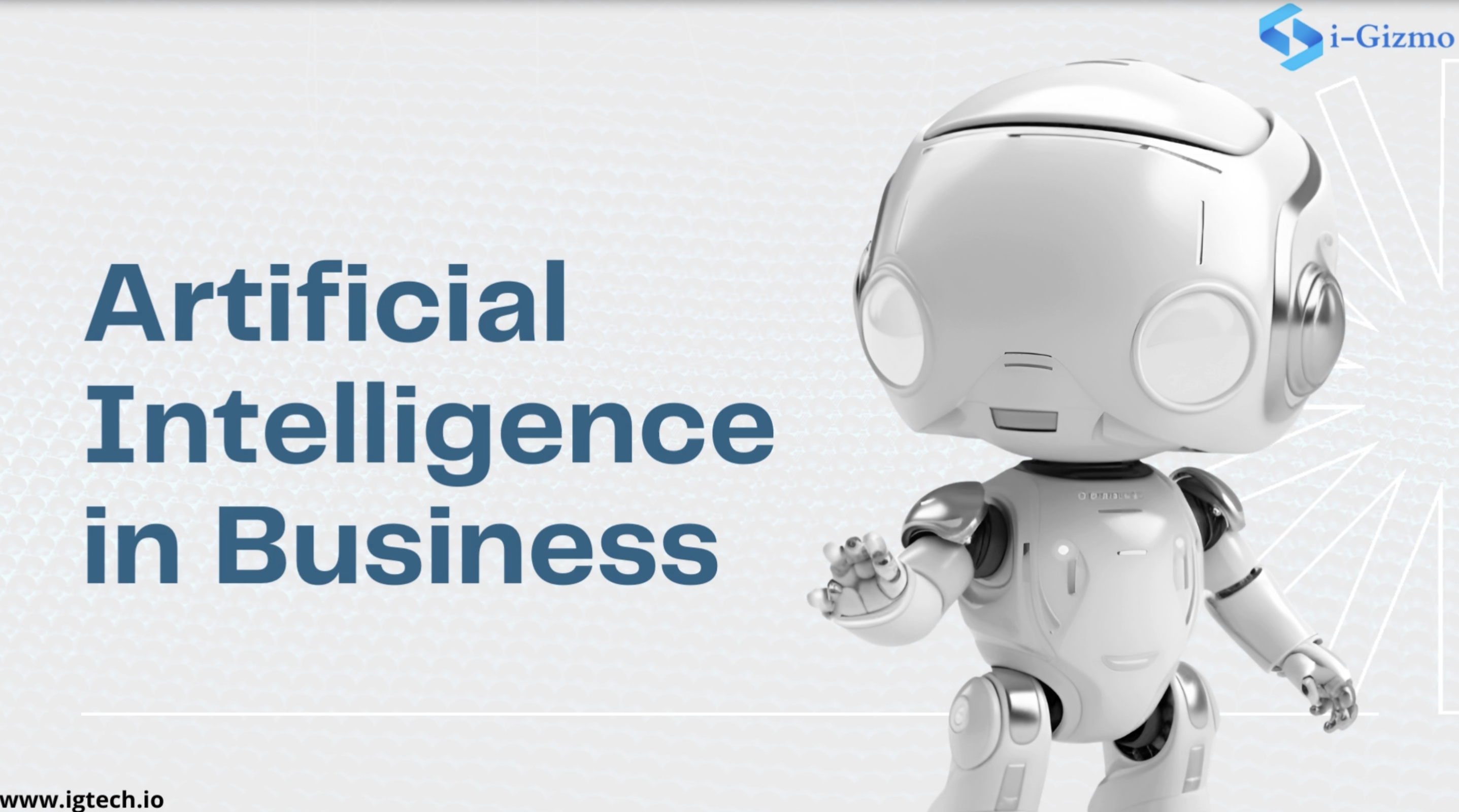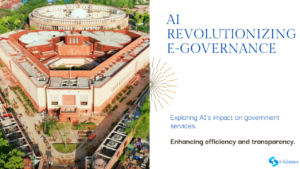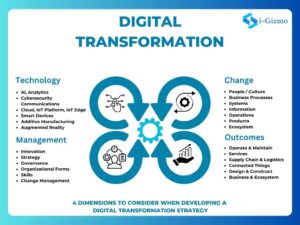AI in business has become a transformative force, enabling companies to improve efficiency, enhance customer experiences and drive innovation.
I-Gizmo is listing some key applications and benefits of AI in various business functions:
1. Customer Service
- Chatbots and Virtual Assistants: AI-powered chatbots provide 24/7 customer support, answer queries, and handle complaints efficiently.
- Personalized Experiences: AI analyzes customer data to offer personalized recommendations and tailored experiences, enhancing customer satisfaction and loyalty.
2. Sales and Marketing
- Targeted Marketing Campaigns: AI algorithms analyze consumer behavior and preferences to create highly targeted and effective marketing campaigns.
- Sales Forecasting: AI models predict future sales trends and customer demand, helping businesses plan inventory and optimize sales strategies.
- Lead Scoring: AI evaluates and prioritizes potential leads based on their likelihood to convert, improving the efficiency of sales teams.
3. Supply Chain and Logistics
- Demand Forecasting: AI predicts demand patterns, allowing businesses to optimize inventory levels and reduce stockouts or overstock situations.
- Route Optimization: AI algorithms determine the most efficient delivery routes, reducing transportation costs and improving delivery times.
- Warehouse Automation: AI-powered robots and systems automate various warehouse operations, increasing efficiency and accuracy.
4. Human Resources
- Recruitment: AI streamlines the recruitment process by screening resumes, assessing candidates’ skills, and predicting their suitability for roles.
- Employee Engagement: AI-driven tools monitor employee sentiment and engagement levels, helping HR teams to address issues and improve workplace satisfaction.
- Talent Management: AI analyzes employee performance data to identify high performers and develop personalized career development plans.
5. Finance and Accounting
- Fraud Detection: AI systems detect fraudulent transactions and unusual patterns, protecting businesses from financial losses.
- Automated Reporting: AI automates financial reporting, reducing the time and effort required to generate accurate financial statements.
- Investment Analysis: AI analyzes market data and trends to provide investment recommendations and risk assessments.
6. Product Development and Innovation
- Product Design: AI tools assist in product design by analyzing market trends, consumer feedback, and competitor products.
- Predictive Maintenance: AI predicts equipment failures and schedules maintenance, reducing downtime and extending the life of machinery.
- Research and Development: AI accelerates R&D by analyzing large datasets, simulating experiments, and identifying potential innovations.
7. Data Analytics and Business Intelligence
- Insights Generation: AI processes vast amounts of data to generate actionable insights, helping businesses make informed decisions.
- Predictive Analytics: AI models predict future trends, customer behaviors, and market dynamics, enabling proactive business strategies.
- Performance Monitoring: AI continuously monitors key performance indicators (KPIs), providing real-time insights into business performance.
8. Risk Management
- Risk Assessment: AI evaluates and quantifies risks, helping businesses to mitigate potential threats and make informed decisions.
- Compliance: AI ensures regulatory compliance by monitoring transactions and processes, identifying non-compliant activities, and automating reporting.
9. Customer Insights and Personalization
- Customer Segmentation: AI segments customers based on their behavior, preferences, and demographics, allowing for more targeted marketing efforts.
- Personalized Recommendations: AI-driven recommendation engines provide personalized product and content suggestions, enhancing customer engagement and sales.
10. Operational Efficiency
- Process Automation: AI automates repetitive tasks, freeing up employees to focus on higher-value activities.
- Quality Control: AI-powered vision systems inspect products for defects, ensuring high quality and reducing waste.
AI is revolutionizing business operations across industries by enabling data-driven decision-making, enhancing efficiency, and fostering innovation. By leveraging AI technologies, businesses can stay competitive, adapt to changing market conditions, and provide superior value to their customers.
#ArtificialIntelligence #BusinessTransformation #CustomerService #Chatbots #VirtualAssistants #PersonalizedMarketing #SalesForecasting #LeadScoring #SupplyChain #Logistics #DemandForecasting #RouteOptimization #WarehouseAutomation #HumanResources #Recruitment #EmployeeEngagement #TalentManagement #Finance #FraudDetection #AutomatedReporting #InvestmentAnalysis #ProductDevelopment #PredictiveMaintenance #ResearchAndDevelopment #DataAnalytics #BusinessIntelligence #PredictiveAnalytics #RiskManagement #Compliance #CustomerInsights #CustomerSegmentation #PersonalizedRecommendations #OperationalEfficiency #ProcessAutomation #QualityControl #Innovation #DataDriven #DigitalTransformation #TechInBusiness




